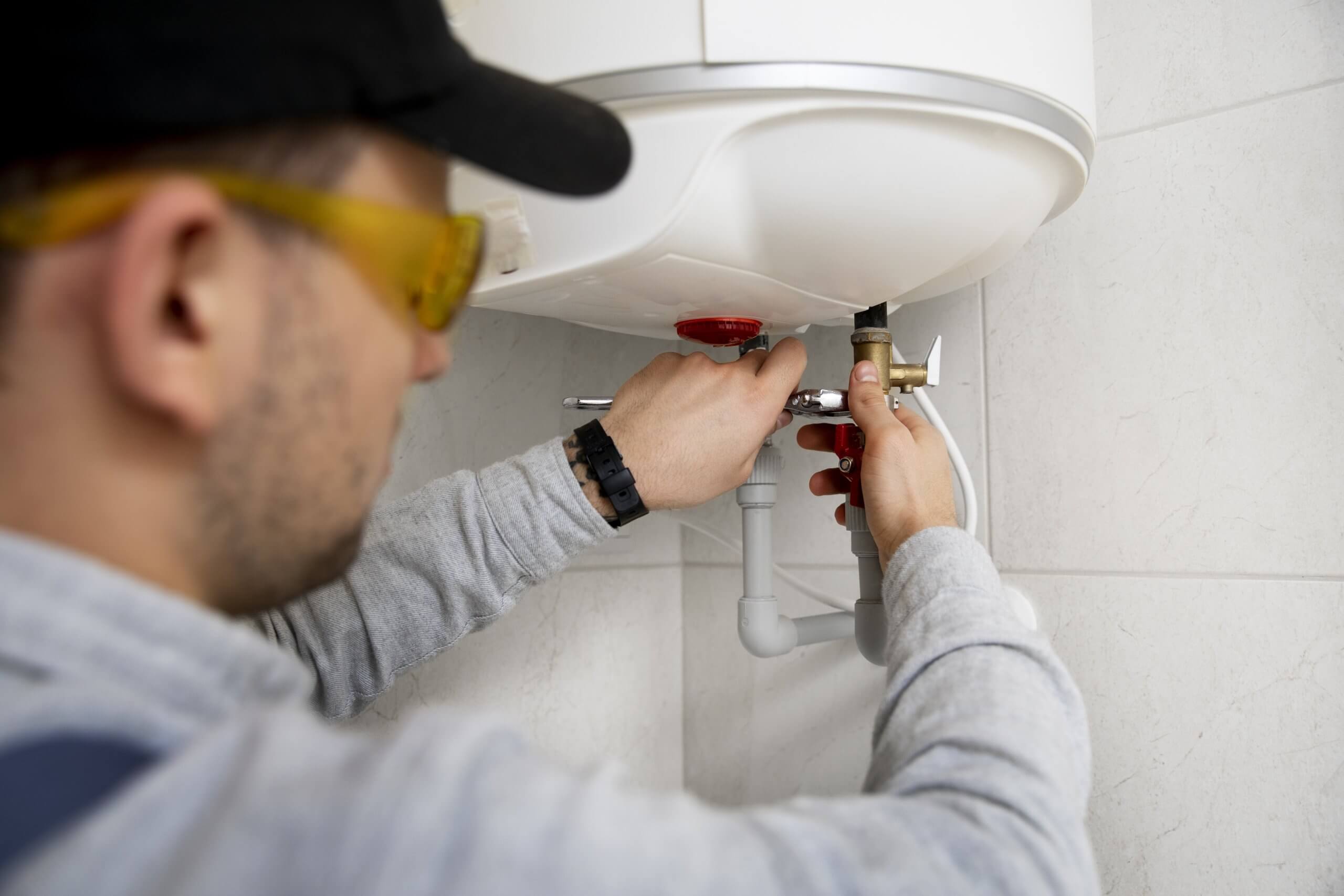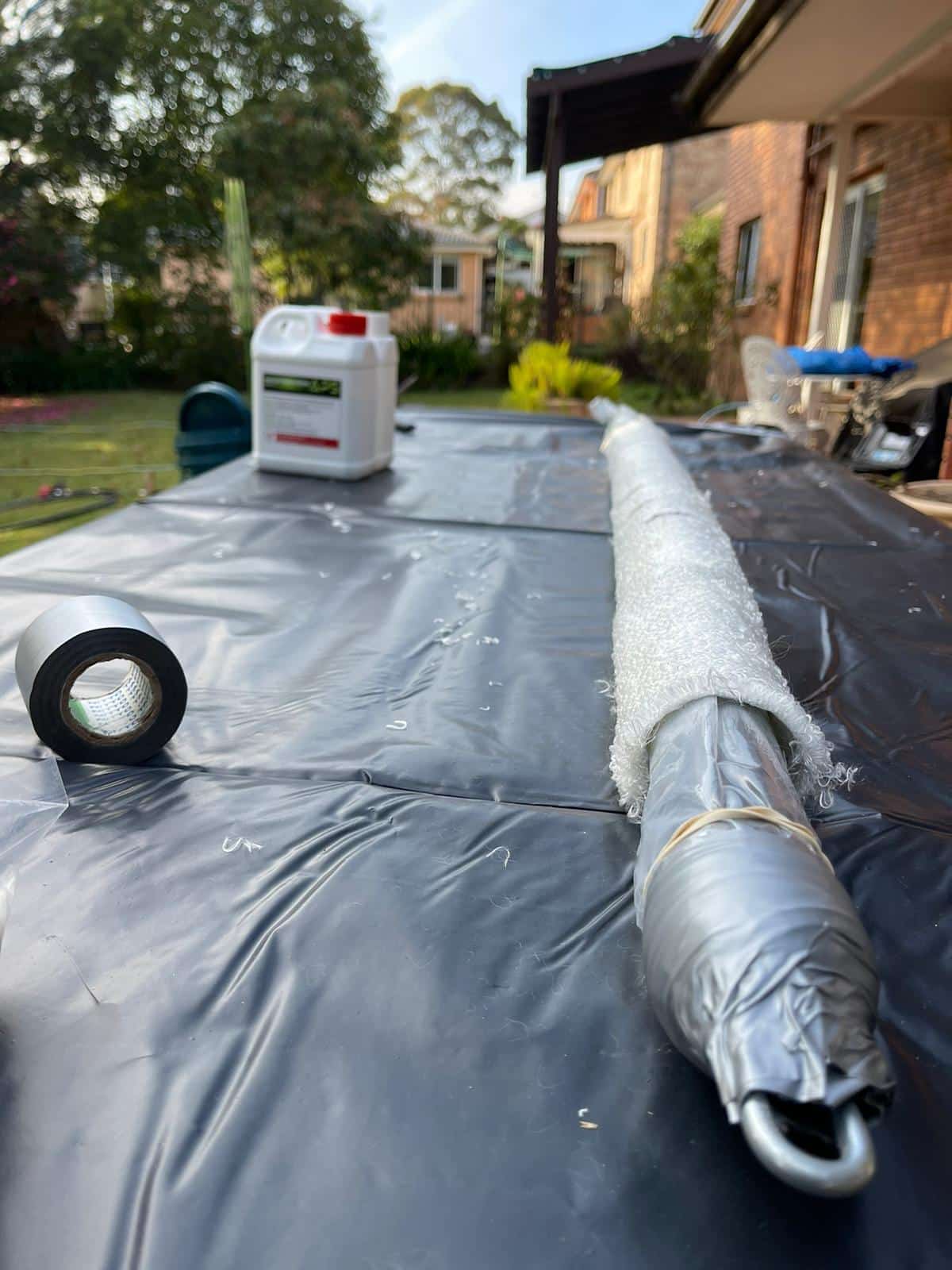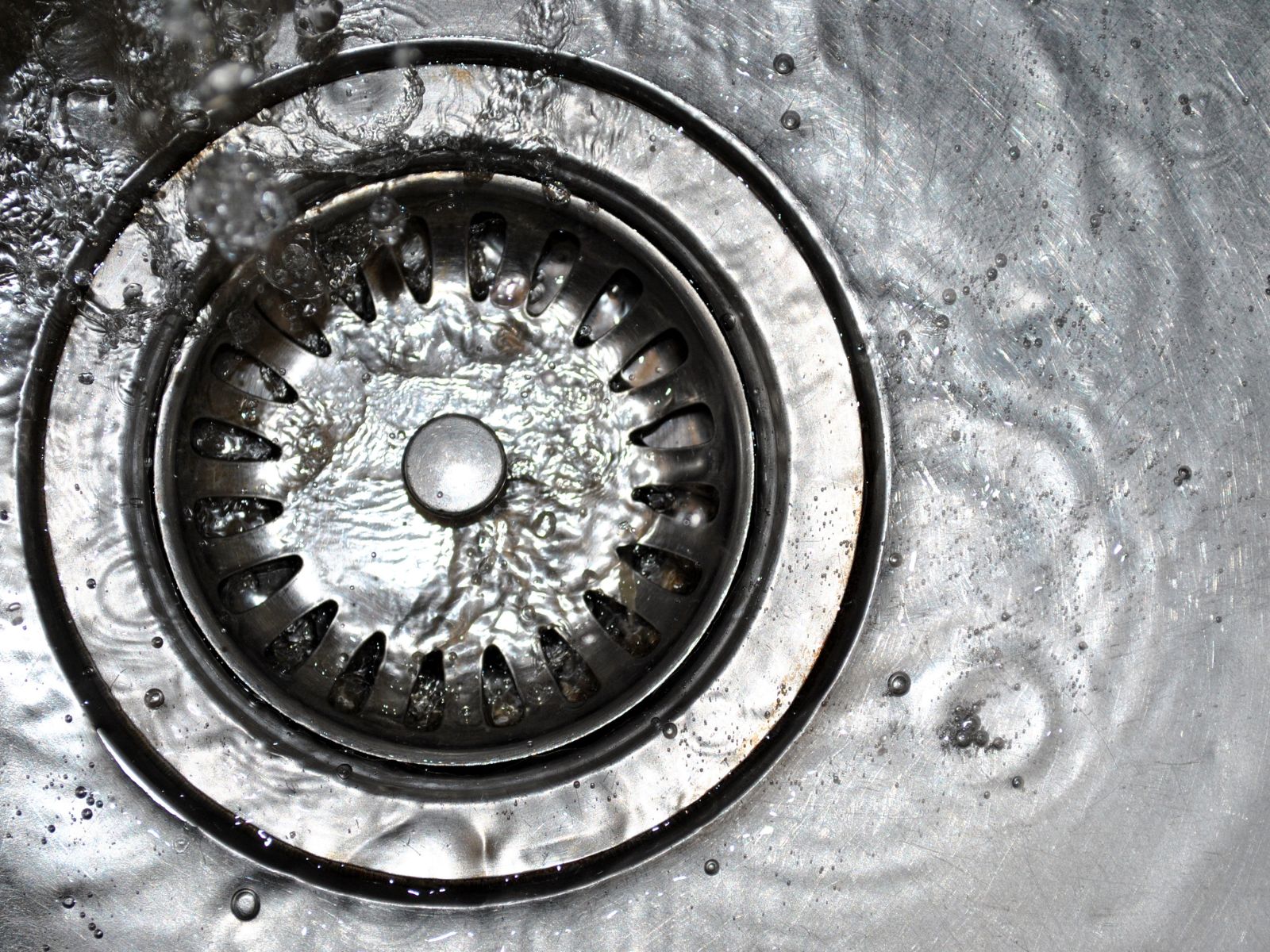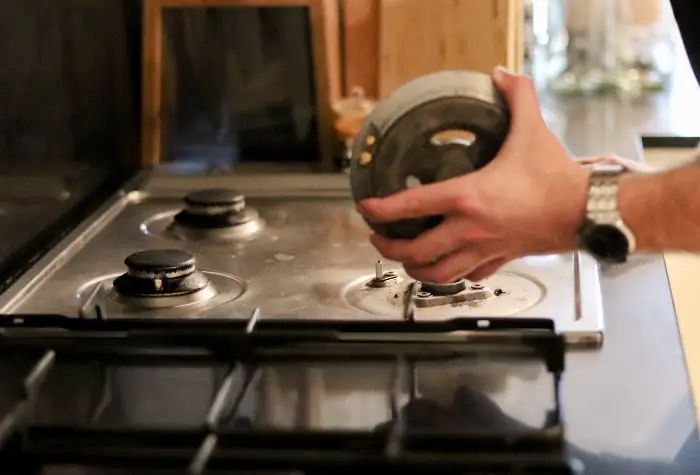Choosing the right hot water system for your home, including options like gas hot water heaters, is a key decision that directly impacts your comfort and energy bills. With a variety of systems available on the Australian market, it’s important to understand the differences between gas and electric options. Each comes with its own benefits, energy efficiency considerations, installation needs, and ongoing maintenance requirements.
In this comprehensive guide, we’ll explore both gas and electric hot water systems in detail to help you make an informed decision based on your household’s specific needs, budget, and long-term goals. Whether you’re weighing up the efficiency of gas-powered systems or the convenience of electric models, this comparison will support you in selecting the best system for your home.
Understanding Your Options
Electric Hot Water Systems
Electric hot water systems use an electric element to heat water stored in a tank, or they may be instantaneous (also known as continuous flow) systems, heating water only when it’s needed. These systems can be affected by peak electricity tariffs and are one of the most common choices in Australia, though they come with pros and cons.
Electric systems are usually easier and cheaper to install than gas systems, making them a popular choice for households conscious of energy use and upfront costs. They also require less ongoing maintenance and have fewer components that could fail.
Gas Hot Water Systems
Gas hot water systems, including continuous flow options, heat water using a gas burner powered by either natural gas or LPG (liquefied petroleum gas). These systems can be storage-based or instantaneous, heating water on demand.
They require a gas connection and are particularly well-suited to households with higher hot water usage due to their ability to provide a continuous and rapid supply of hot water.
Energy Efficiency and Cost
Comparing Energy Efficiency
Gas hot water systems are typically more energy-efficient than electric ones, particularly when comparing similar-capacity models. Gas systems use less energy to heat water and generally have lower running costs, especially for medium to large households.
Electric systems can be less efficient unless they take advantage of off-peak electricity tariffs. For homes with high hot water demand, this can lead to higher bills unless more energy-efficient models—such as heat pumps—are installed.
Modern electric heat pump systems are designed to be more energy-efficient and eco-friendly, though they do come with a higher initial price tag.
Comparing Costs
While gas systems are usually more expensive to install upfront than electric systems, they often result in lower long-term operating costs. According to the government’s Energy Rating website, the average yearly running cost for an electric hot water system is around $615. In contrast, solar hot water systems and some gas systems can offer considerable savings, particularly in households with high hot water needs.
For families that use a lot of hot water, the higher upfront cost of a gas system may be worthwhile in the long run.
System Types and Features
Electric Hot Water Systems
Electric hot water systems come in several types:
- Conventional Resistive Systems – These are the most basic models, using an electric element inside the tank to heat water.
- Heat Pump Systems – These work by extracting heat from the surrounding air and transferring it to the water. While more expensive to install, they’re significantly more efficient.
- Instantaneous Systems – These systems heat water on demand and don’t require a storage tank. They’re compact and efficient but may have higher energy usage due to high power requirements.
Gas Hot Water Systems
Gas hot water systems are also available in two main forms:
- Storage Tank Systems – These systems heat and store water in a tank. They reheat as needed and must be appropriately sized for the household.
- Instantaneous (Continuous Flow) Systems – These heat water as required and don’t store it. They’re generally more efficient than storage models, as they only use energy when hot water is needed.
Maintenance and Repairs
Maintenance Needs
Gas systems typically need more maintenance than electric systems due to their more complex components like burners and valves. Regular servicing is essential to maintain performance and safety. Gas systems must also be checked for leaks and occasionally have parts cleaned or replaced.
Electric systems, by contrast, are generally low-maintenance. The heating element may require occasional attention, but there are fewer parts that can fail, making them a more straightforward option for many households.
Repair Costs
Repair costs vary depending on the system and the issue. Gas systems can be more expensive to maintain over time due to their complexity, while electric systems are often simpler and cheaper to repair.
Safety and Environmental Concerns
Safety Considerations
Electric water heaters are generally considered safer because they don’t carry the risk of gas leaks or carbon monoxide exposure. This makes them especially appealing in homes where gas is not already installed.
Gas systems, while safe when properly maintained, require adequate ventilation and regular safety checks to avoid the risk of carbon monoxide build-up.
Environmental Impact
Gas systems tend to produce more greenhouse gas emissions, especially if powered by fossil fuels. Electric systems, especially when paired with solar panels or sourced from renewable energy, have a lower environmental footprint and are more aligned with Australia’s move towards sustainable energy.
Sizing and Installation
Choosing the Right Size
Choosing the right size system depends on your household’s hot water usage, number of people, and water-efficient fixtures. A household with higher usage will need a larger tank or higher capacity flow rate to meet demand.
Installation Factors
Installing a gas system may be more complex and costly due to the need for a gas line and proper ventilation. Electric systems are generally simpler to install and more flexible in terms of placement, especially compact continuous flow models that don’t require a storage tank.
Upgrading or Switching Systems
Moving to an Energy-Efficient Model
If your current hot water system is old or inefficient, upgrading to a modern system can save you money and reduce environmental impact. Energy-efficient models, including heat pumps and solar-boosted electric systems, may cost more initially but can lower your ongoing expenses significantly.
Switching from Gas to Electric
There’s growing interest in switching from gas to electric hot water systems, particularly when paired with solar panels. Households making the switch often benefit from lower energy bills and a smaller carbon footprint.
Additional Considerations
Electric Water Heater Choices
Electric systems come in a range of types, including resistive, heat pump, and instantaneous models. The right choice depends on your household’s usage patterns, budget, and climate.
Heat Pumps and Alternatives
Heat pump and solar hot water systems are gaining popularity due to their energy efficiency and sustainability. Although installation costs are higher, the long-term benefits often outweigh the upfront investment.
Conclusion
Choosing between a gas and electric hot water system requires careful consideration. Each has its pros and cons, and the right choice will depend on your household size, energy preferences, and long-term goals.
Gas systems tend to be more efficient for larger households but need a gas connection and regular servicing. Electric systems, especially when paired with solar energy or using heat pump technology, are more convenient to install and can be better for the environment.
Before deciding, weigh up the initial installation costs, ongoing running costs, maintenance needs, and potential environmental impact. Consulting a licensed plumber or hot water specialist can help ensure you find the system that’s best suited to your home.






